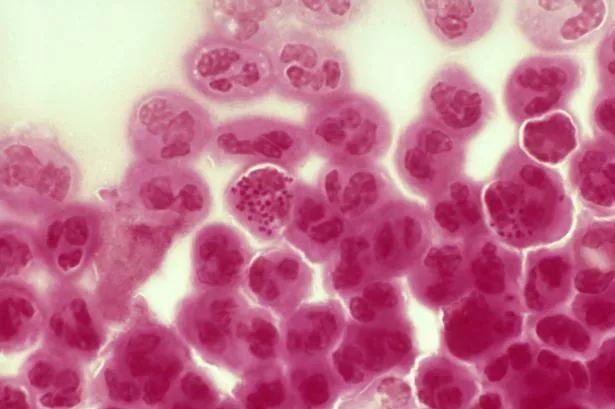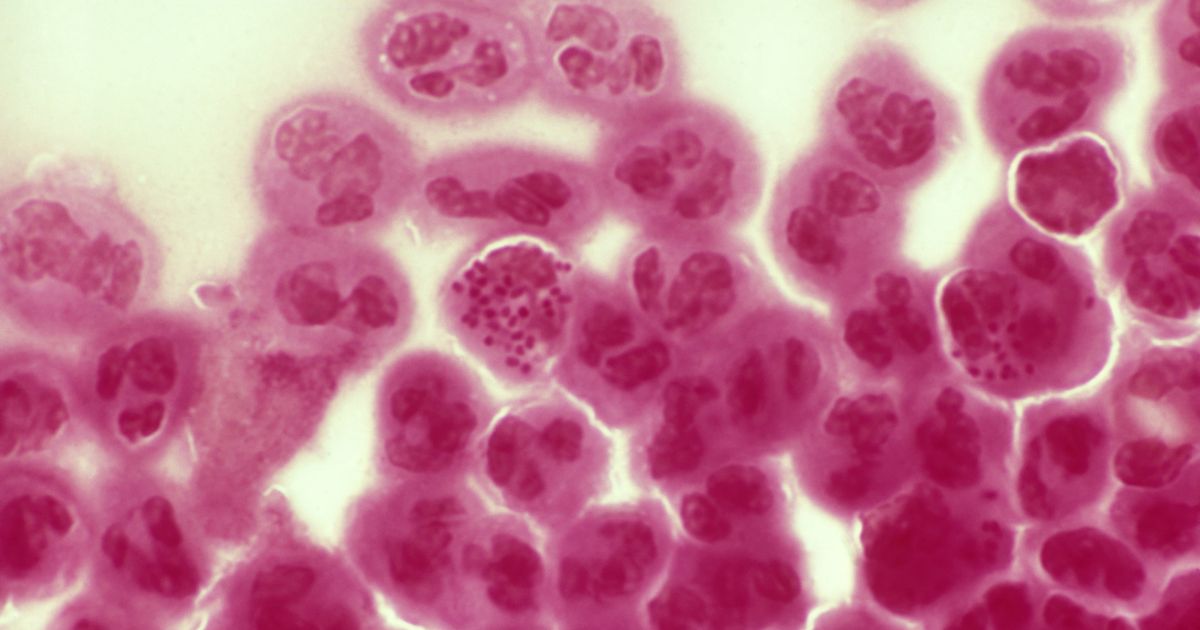Infections rates are much higher than the national average Gonorrhoea bacteria(Image: Getty Images)
Gonorrhoea bacteria(Image: Getty Images)
Bristolians are being warned to wear condoms as infections of a STI remain high – and the chances of catching it are higher in Bristol than anywhere else in the South West.
Last year, 691 diagnoses of gonorrhoea were made in Bristol. Considering the population size, this equates to 143.1 infections per 100,000 people – or the equivalent of about one in 699 people catching gonorrhoea.
That’s much higher than the national average and the highest infection rate in the South West.
The infection rate was much lower outside the city boundaries. In South Gloucestershire, there were 63.8 infections per 100,000 people, and in North Somerset, there were 57.4 infections per 100,000.
While the latest data shows an “encouraging” recent decline in rates of gonorrhoea – the ancient sexually transmitted infection (STI) which is referenced in the Bible and early Greek and Roman writing – cases remain high.
The UK Health Security Agency has warned students not to have unprotected sex during Freshers Week. Medics say STIs are “declining from a high level” and that students need to be aware of the risks of infections, which are most common among those aged 15 to 24.
Last year, there were 71,802 cases of gonorrhoea in England – including 1,009 in Bristol and the surrounding area – double the number from a decade ago and 167% higher than in 2012.
The infection rate – used to measure the risk of catching a disease – stood at 124.5 infections per 100,000 people in 2024. That’s the equivalent of one in 803 people in England catching this STI, and it is double the rate from a decade ago (68.3 infections per 100,000 people).
You can see the cases and rate of gonorrhoea where you live, and how that has changed over the last decade, using our interactive map:
Dr Hamish Mohammed, Consultant Epidemiologist at UKHSA, said: “Starting university is an exciting time – don’t let getting an STI ruin the fun. Rates of STIs remain high among young people, but there are simple steps you can take to protect yourself.
“Using condoms is one of the most effective ways to reduce your risk. If you’ve had condomless sex with a new or casual partner and are experiencing any STI symptoms, it’s important to get tested. Testing is free and confidential and gives you peace of mind as you start the new academic year.”
Symptoms of gonorrhoea, formerly known as “the clap”, include a thick green or yellow discharge from the vagina or penis, pain when peeing and, in women, bleeding between periods.
It is normally spread by having unprotected sex, or in some cases by sharing sex toys, but it can also be passed from a pregnant woman to her baby.
If untreated, complications can include pelvic inflammatory disease, ectopic pregnancy and infertility in women; and scrotal swelling, urethral stricture – which can make it painful to pass urine and can lead to infection – and infertility in men. Without treatment, gonorrhoea can cause permanent blindness.
